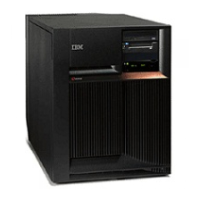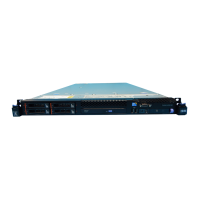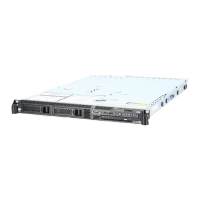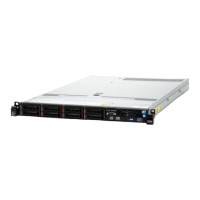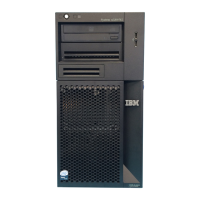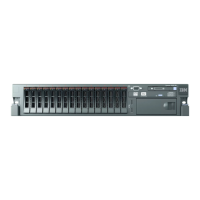| Set up HST Server for Node API | 277
--transfer-bandwidth-cleanup Removes invalid bandwidth data.
--transfer-bandwidth-del-all Deletes all bandwidth counter data.
--interruptible Allow bandwidth-del-all to be stopped
while running.
--transfer-log-cleanup Delete all transfers from the activity log
older than activity_retention_hrs.
--transfer-log-list List transfers from the transfer log.
--transfer-log-del xnid Delete an individual transfer from the
activity log.
--transfer-queue Display the transfer queue.
-u,--user=username Specify Node API username (use with -a, -m, -
d, --access-key-restore).
-x,--xuser=xfer_username Specify system transfer user.
Configuring the IBM Aspera NodeD Service
The IBM Aspera NodeD Service handles HTTP/HTTPS requests to HST Server. You can configure server settings
including the hostname, HTTP/HTTPS ports, the address and port of the Redis database, and SSL certificates.
Configuration Methods
The server can be configured for the Node API by using the asconfigurator command-line tool or by editing the
<server> section of aspera.conf:
•
Asconfigurator: Use the following syntax, substituting option with the option from the following table and value
with the desired value:
# /opt/aspera/bin/asconfigurator -x "set_server_data;option,value"
To view the current settings, run the following command:
# /opt/aspera/bin/ asuserdata -a
• Aspera.conf: Open it in a text editor with administrative privileges from the following location:
/opt/aspera/etc/aspera.conf
See the sample aspera.conf following the table.
After manually editing aspera.conf, validate your XML by running the following command:
# /opt/aspera/bin/asuserdata -v
Node API Configuration Options
Important configuration considerations:
• Certain services must be restarted for changes in the settings to take effect, as described in the To Activate
Changes column. The commands to restart these services are given following the table.
• In addition to the Aspera server configuration, if you plan to transfer many small files with the Node API, you
might need to increase the number of file descriptors available on your system. If too few descriptors are available,
the Redis database and the transfer fail. For instructions, see Node API Transfers of Many Small Files Fails on
page 332.

